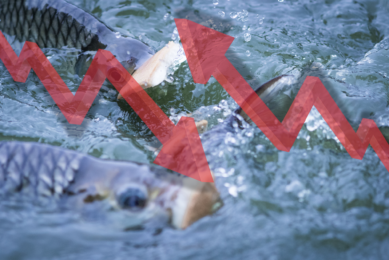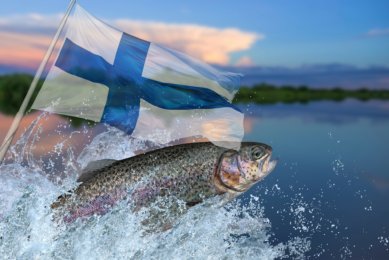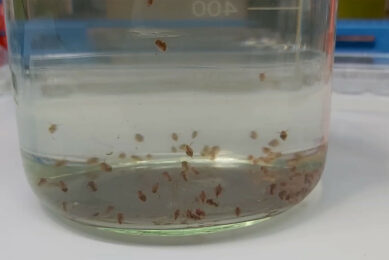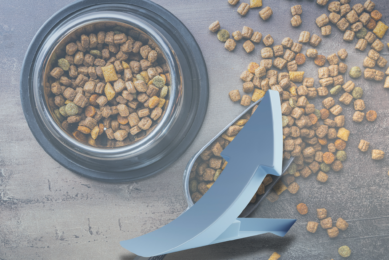Single cell protein: Promising new protein for fish
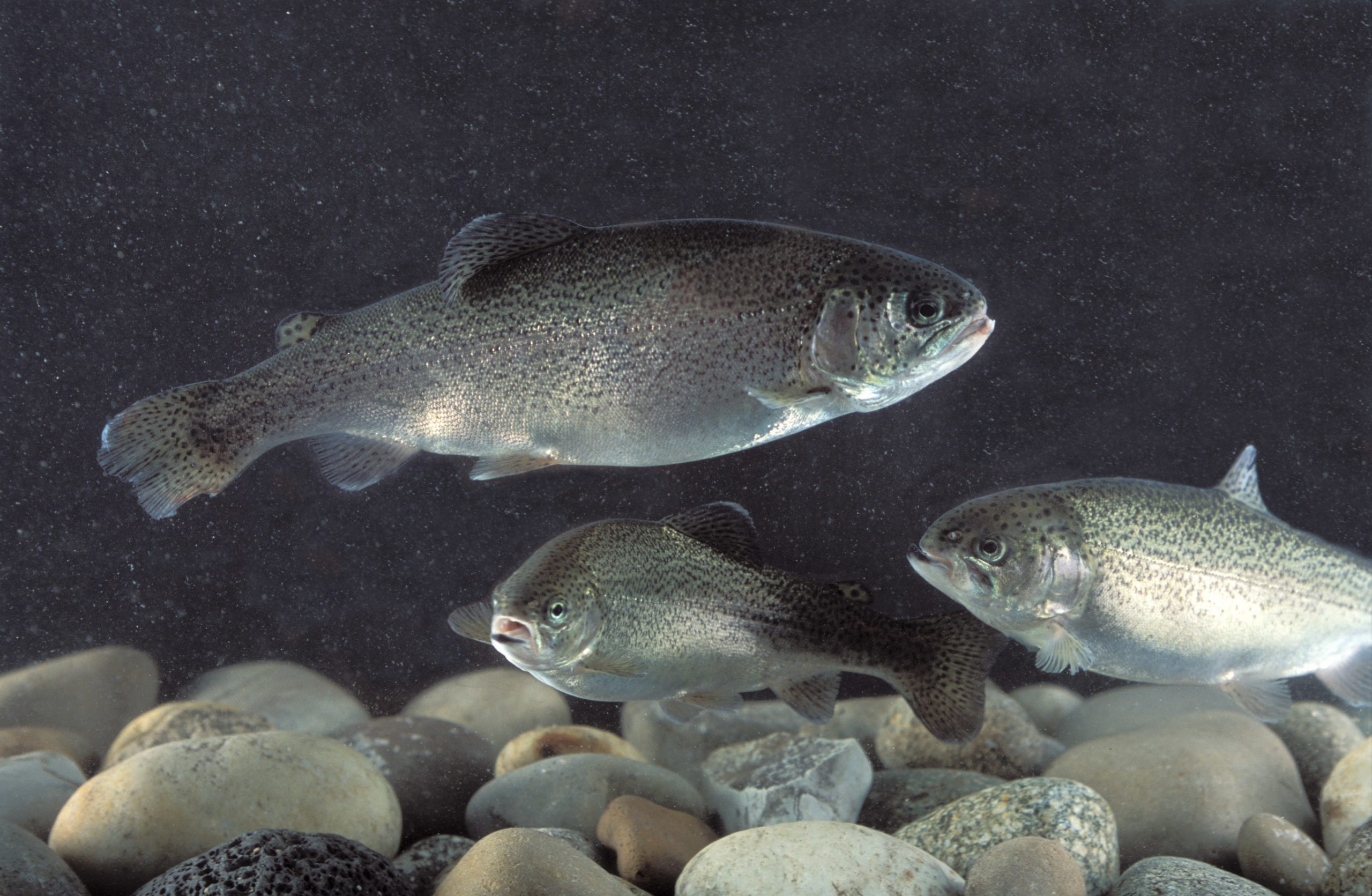
Single cell protein shows promise in the diet of farmed rainbow trout. Researchers from the University of Idaho in the US delved into this and looked at fish growth and survival.
Diets of farmed fish are changing and fish meal is increasingly replaced by other protein sources that put less pressure on the environment. Among the alternate proteins we see the single cell proteins (SCPs), derived from yeast and bacteria. Collectively, studies showed that SCPs were suitable ingredients to supply a portion of dietary protein in trout feeds, although appropriate inclusion levels in feeds depended on the source of the SCP (yeast or bacteria), the substrate upon which it was grown, which fish species and life history stage was tested, and how the experimental feeds were formulated.
Different inclusion rates studied
In this particular study, the effects of including single-cell protein (SCP) produced from Methylobacterium extorquens in trout feeds was further studied. The study included a feeding trial with juvenile rainbow trout (15–16 g initial weight). 3 isonitrogenous and isoenergetic diets were produced: a control diet and two experimental diets containing 5% or 10% bacterial protein meal replacing soybean meal.
No major effects on final weight and growth
No statistically significant differences in final fish weight or other fish growth parameters were observed. Similarly, feed efficiency parameters showed no significant differences among groups. Nutrient retention indices (protein, fat, energy) were relatively high and similar among fish in each dietary treatment group, as were whole body proximate compositions. Fish survival was high, with a small but statistically significant increase for the 10% SCP diet.
Overall, results demonstrate that SCP from M. extorquens is a safe and effective alternative protein for rainbow trout diets at the low inclusion levels tested. Slightly lower weight gain in fish fed the 10% SCP diet was largely due to lower feed intake, suggesting that adding palatability-enhancing ingredients to feeds may allow higher levels of M. extorquens SCP to be used without compromising fish growth.
Higher quality protein
The SCP used in this trial is produced by the company KnipBio. Larry Feinberg, CEO of this company explains: “The aquaculture industry has responded to the volatility of fishmeal by substituting soybean meal, but has found that a diet based on plant proteins can lead to gut inflammation, disease, and other adverse side effects in numerous commercially important species. It’s clear the industry needs new sources of dietary proteins like the SCP used in this trial, independent of pelagic fish or terrestrial plants that are better purposed to feeding humans. In addition to reducing pressure on declining wild fish stocks and creating healthier fish, our SCP Meal is sustainable. A 100-acre KBM fermentation facility can produce more high quality protein than a 10,000-acre soy farm, dramatically reducing the environmental impact, eliminating the need for fertilisers and pesticides, and reducing energy use.”




